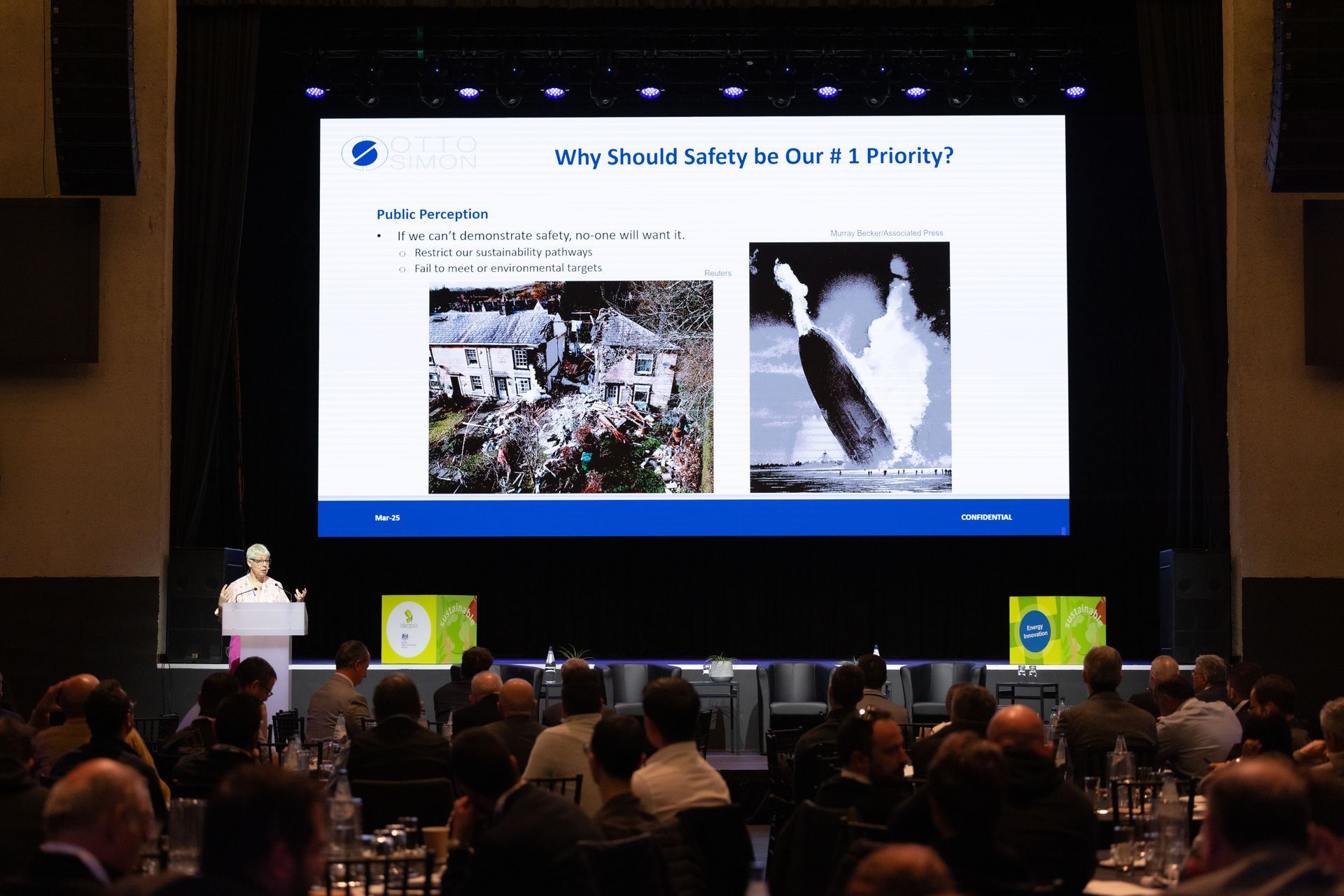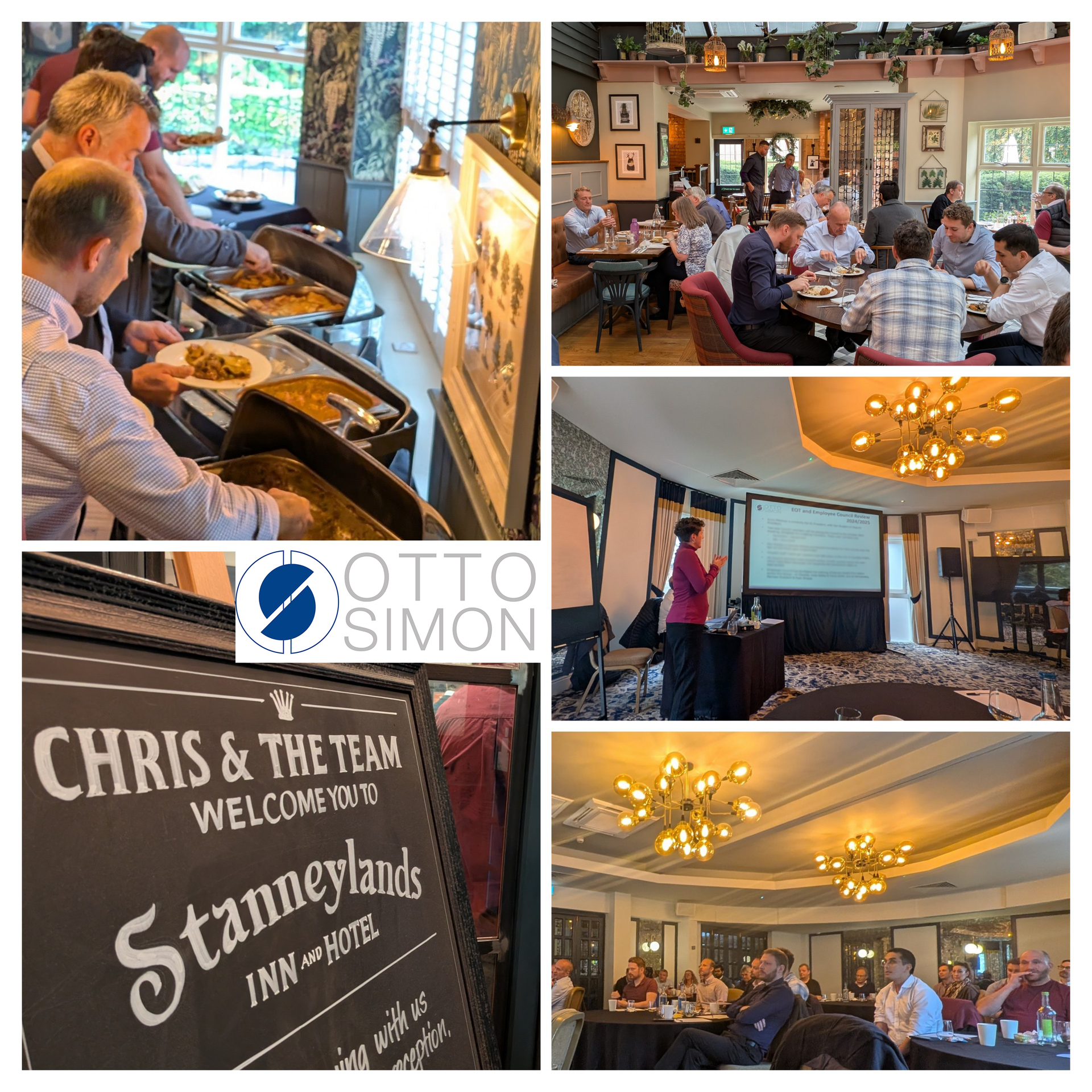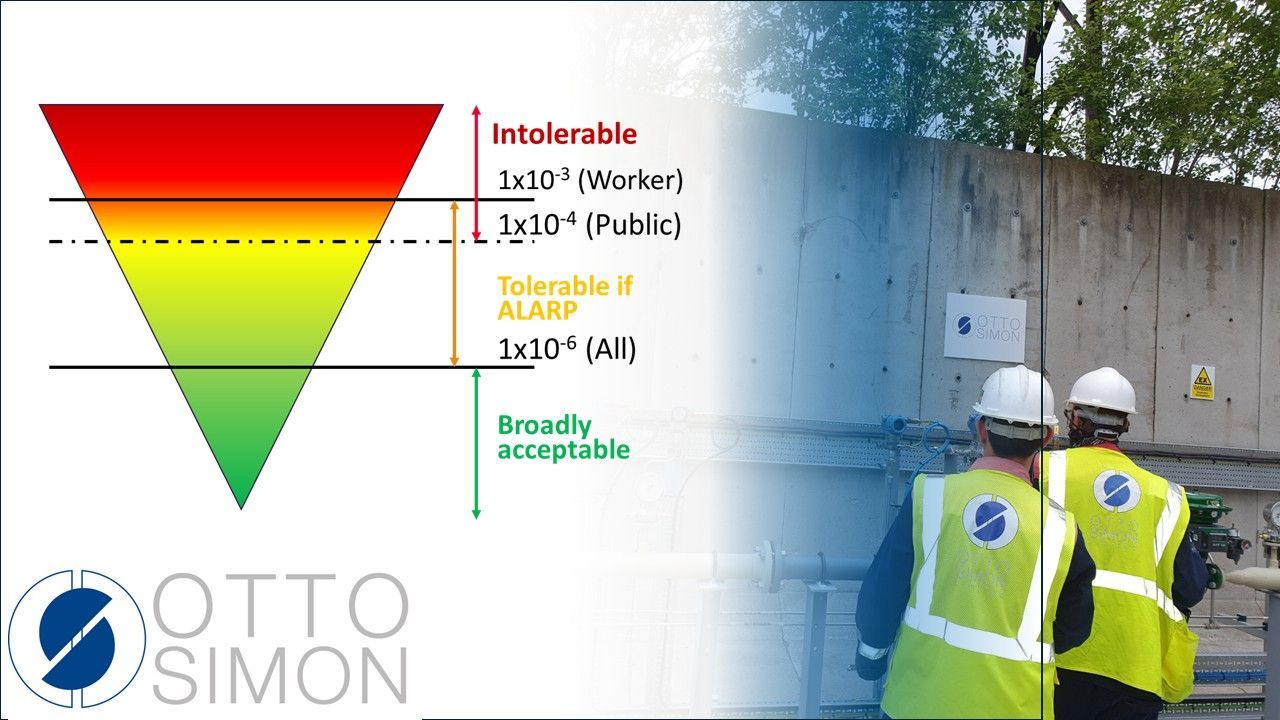Energy Storage & Hydrogen Solutions Conference, Cyprus

Presenting at Energy Storage & Hydrogen Solutions
Last month, our Head of Consultancy, Clare Dunkerley, was invited to speak at an event in Cyprus, hosted by Ideopsis and the British High Commission Nicosia.
The Energy Storage & Solutions Conference brought together leading experts, policymakers, and industry players, with the aim of to fostering dialogue, sharing expertise, and catalysing action towards a more sustainable, resilient, and low-carbon future.
The conference attracted some esteemed speakers, including introductory addresses from the Deputy High Commissioner, Adam Sandbrook and the Minister of Energy, Commerce and Industry, George Papanastasiou.
The programme was split into 2 sessions with the first highlighting the future of energy storage, moderated by Dr Alexandros Charalambides from the Cyprus University of Technology. Staveros Stavrinos, the Executive Director of the Transmission System Operator Cyprus, explained the issues the Cyprus Energy Transmission System faced, concentrating on curtailment of renewable solar power.
Michael Toumbas, of EV power Ltd, shared innovative thinking around an AI enabled electric vehicle local grid power sharing mechanism. There were also great presentations from smart grid expert Dr Andreas Procopiou and the Cyprus Energy Regulatory Authority.
The second session concentrated on hydrogen solutions. Dr Andreas Poullikkas delivered on future energy systems while Charles Purkiss updated us on the latest developments at ITM Power. Jeremy Bowman, from Hypermotive Ltd, discussed hydrogen technology for transport and Philippa Oldham shared some work from the Advanced Propulsion Centre. An interesting Q&A session was chaired by Dr Nestor Fylaktos of the Cyprus Institute.
Clare presented ‘A Safe Hydrogen Future’, addressing the importance of public perception and the imperative for no major incidents.
Clare shared her experience from working on hydrogen projects and provided an insight in how to use the current UK regulatory framework in conjunction with industry codes and standards to demonstrate that risks in hydrogen projects were acceptable to all concerned.
It was a fascinating conference providing a fantastic insight to the current and future energy situation in Cyprus, with plenty of time for networking and discussing hydrogen solutions and projects with all the attendees. Our thanks go to Ideopsis and the British High Commission in Nicosia for the invitation and opportunity to participate in the discussions.
Recent Blog Posts


